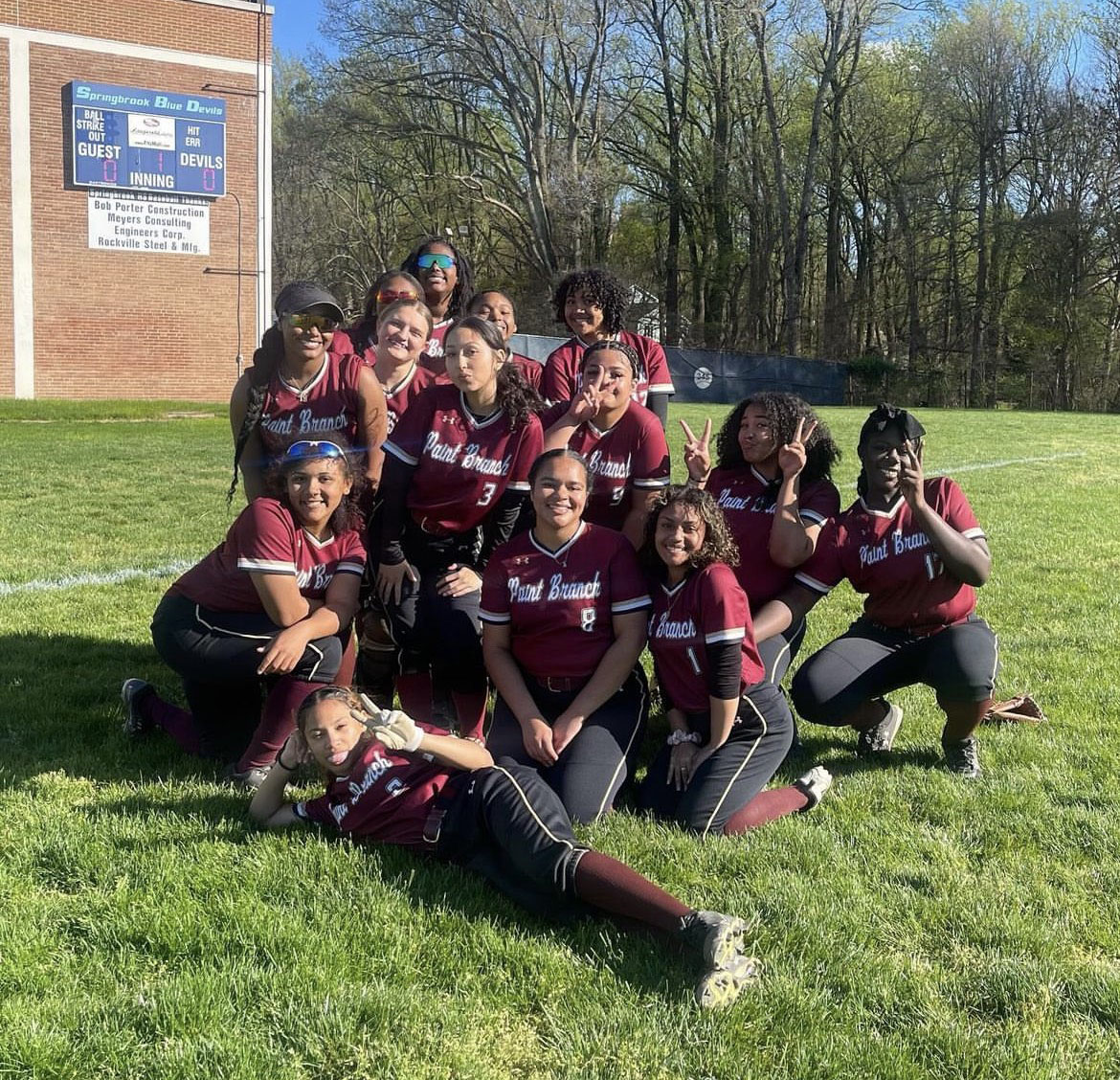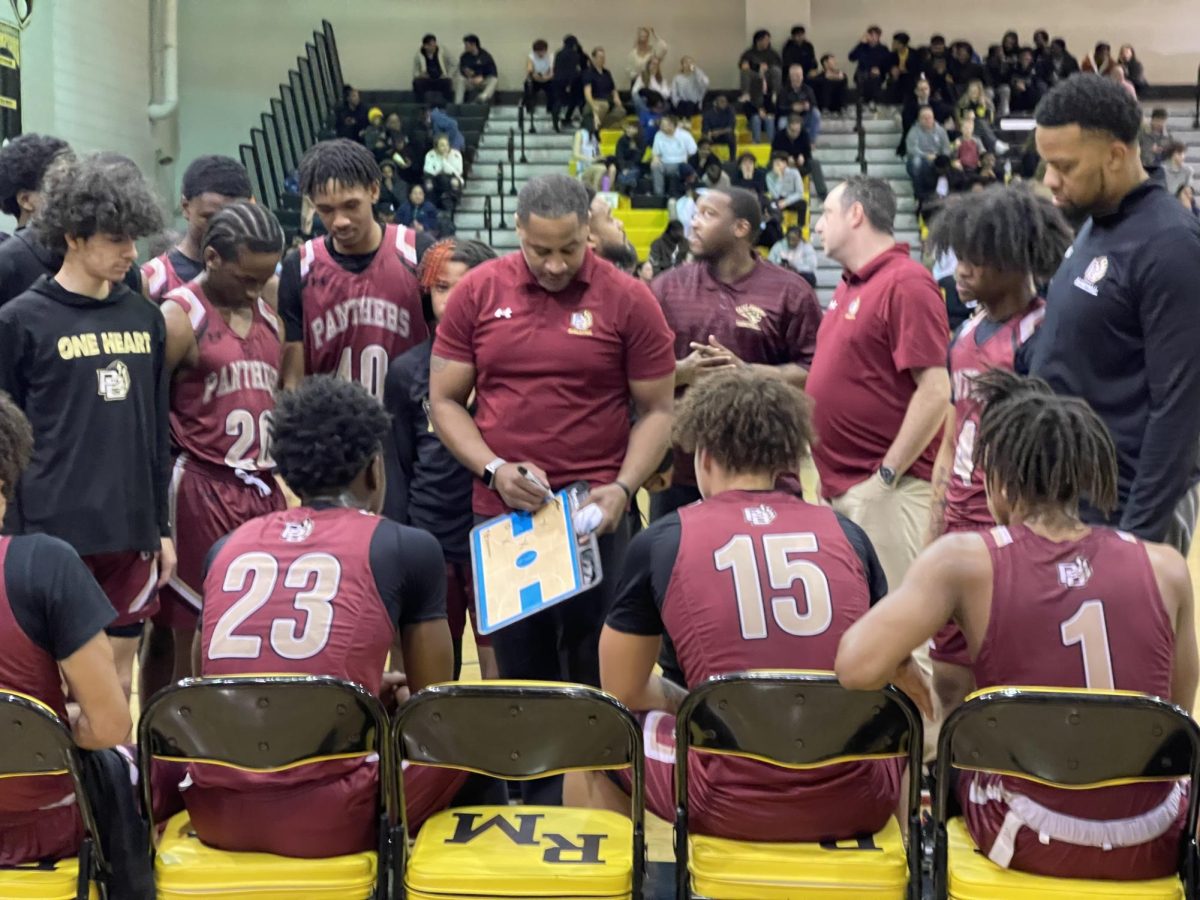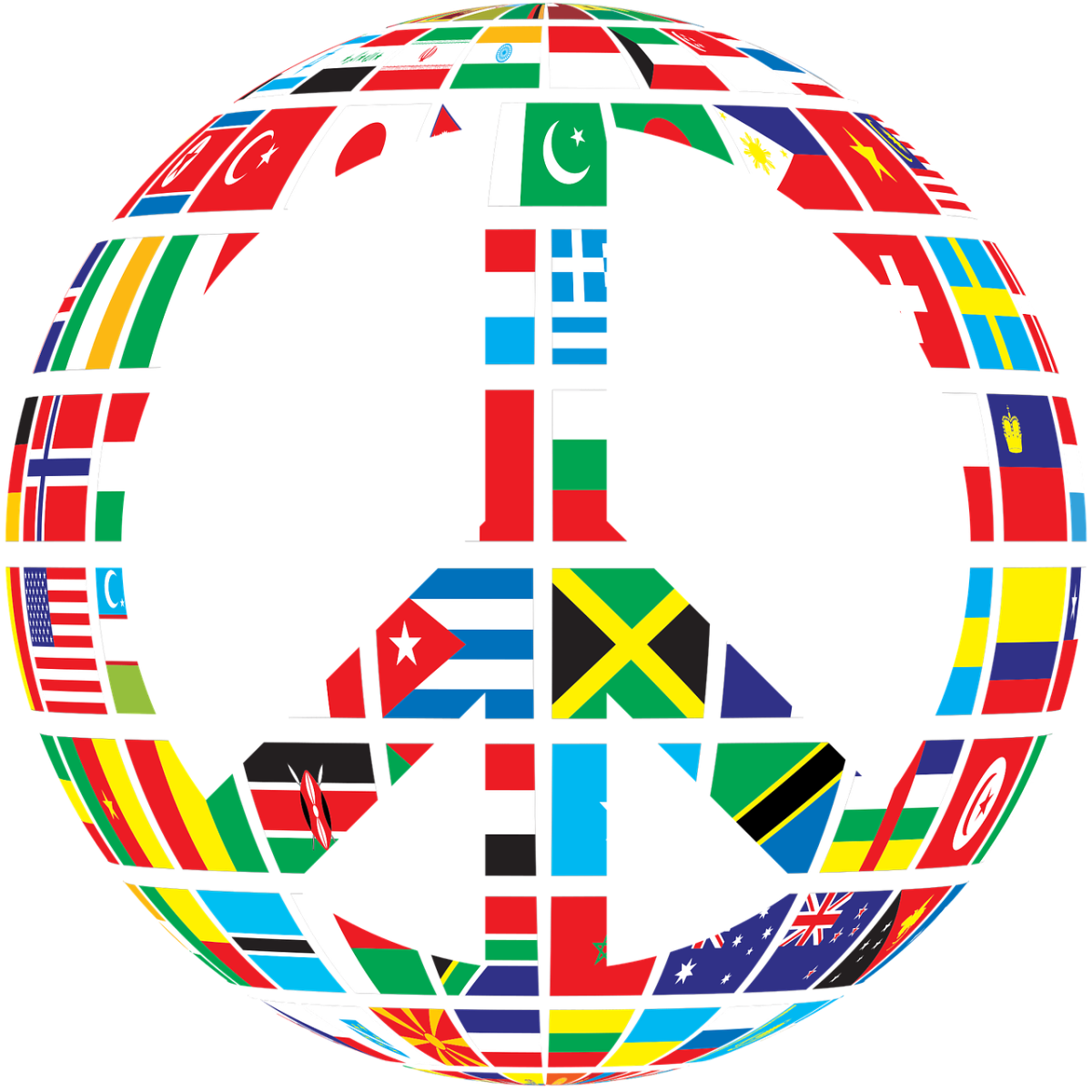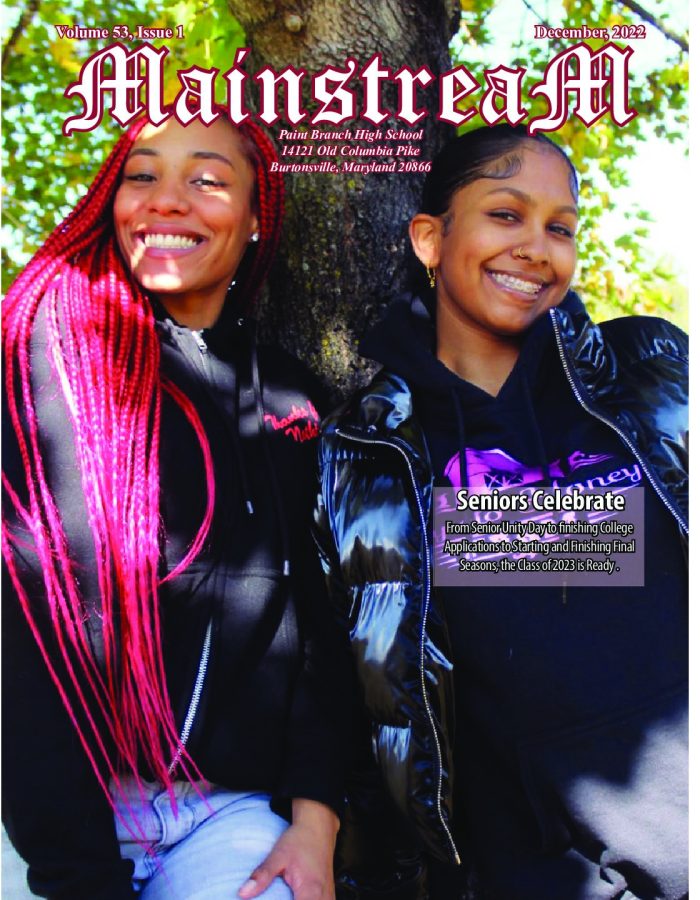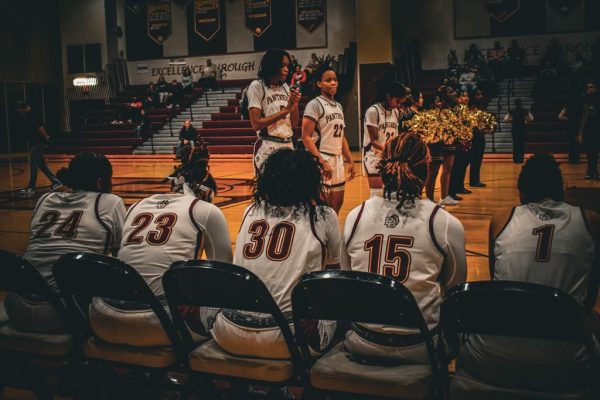Social Justice: Job Discrimination
February 23, 2017
A white man, a Hispanic woman and a black man apply for the same job. Who’s going to get it? Logic says the most qualified applicant will earn the job, but that’s not always the case.
Unfortunately, there are discriminatory practices that companies and individuals use when they hire people for jobs. Due to this discrimination, many strong candidates go into the application process with the odds already stacked against them. When people discriminate, they use inaccurate and degrading stereotypes as a foundation for people rather than experience, qualifications, and personality.
The Equal Employment Opportunity Commission (EEOC) is an organization that deals with cases of discrimination in hiring and after hiring. According to the EEOC, in 2016 alone they received 31,207 complaints based on race, 26,963 based on disability, 26,936 based on gender, 20,144 based on age, 9,438 based on national origin and 3,502 based on religion as stated in the EEOC Press Release on the fiscal year of 2015.
According to the National Bureau of Economic Research Black applicants, the group that faces the most discrimination in hiring is black men. According to EEOC, black men are turned down for jobs based on racist and ignorant assumptions that they are drug users
According to Professor Abigail Woznick, the author of “Discrimination and the Effects of Drug Testing on Black Applicants,” states that require drug testing during the application process have a positive effect on the employment of black applicants. This conclusion is made after many studies by the University of Notre Dame.
This statistic is alarming and reveals how there are still far too many stereotypes and assumptions following black people into the job market and, more importantly, keeping them from landing jobs.
We live in the 21st century, but we still have not let go of the racist assumptions of our nation’s past. The sad thing is that this is just the tip of the iceberg when it comes to discriminatory hiring practices.
Workplace discrimination sounds farfetched when you talk about it, but it’s really not. Big companies such as Target and Bank of America have been investigated and punished by the EEOC for this very practice.
Target was investigated by the EEOC for giving three employment assessments that unfairly ruled out applicants based on race and sex.
Bank of America had a similar suit where they were investigated by the EEOC for reports of keeping qualified applicants from getting jobs based on sex and race.
Both Target and Bank of America were fined. Target paid a $2.8 million dollar fine while Bank of America paid a $2.18 million dollar fine. Bank of America settled for $160 million dollars to black Merrill Lynch brokers who alleged racial bias in pay, promotions and the size of accounts assigned, and another settlement of $39 million dollars to female brokers who alleged that they were paid less than the men and were not even fair access to major accounts, in December.
There’s a pattern with what is happening to employers who have discriminatory work and hiring practices…they get fined and then life goes on as if nothing happened. Both Target and Bank of America (and Merrill Lynch if that is to be an example you use) are large, established, and successful companies who can handle losing a couple million dollars. Fines are not going to be detrimental to them.
The punishments that they are receiving are not effective enough because a system of fines won’t really punish these corporations. There need to be harsher consequences.
It seems to me that there are only two options on how to react to these corporations – and others that discriminate in any way in hiring. Change the way these companies are punished or get people to stop supporting these companies.
It seems very unlikely that groups of people are going to get together and stop supporting big companies such as Target and Bank of America because both of these companies are so much a part of peoples’ lives. So, that leaves one option: make the laws stronger and the punishments harsher. If the laws were tighter and punishments harsher, then employers would have something real to fear, not just a couple million dollar write-off.
Having tighter laws against workplace discrimination and harsher punishments for the perpetrators will not catapult us towards equality but it will get us closer to being a nation where everyone can succeed and everyone can get the job they want if they try hard enough.











